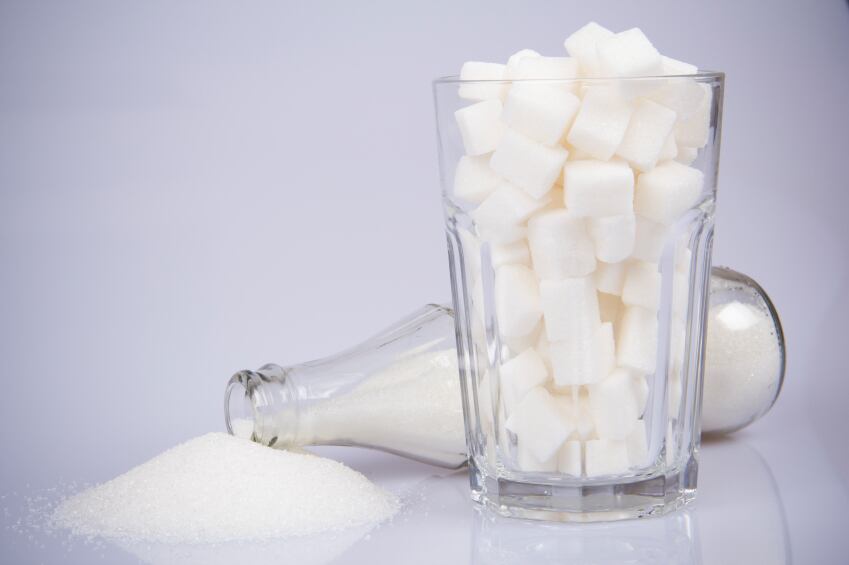Produced by the WHO's Commission on Ending Childhood Obesity (ECHO), the report was presented to the WHO yesterday after two years in the making, during which time ECHO consulted over 100 WHO member states and reviewed nearly 180 online comments.
The 68-page report urges the food industry to play its part in ending the obesogenic environment which exposes children to cheap, readily available “ultra-processed, energy-dense, nutrient-poor foods” by producing healthier food and drinks.
But it also calls for government-led policy, such as taxation and marketing restrictions. Writing in the The Lancet, commission co-chairs, Sania Nishtar and Peter Gluckman, and programme manager Timothy Armstrong said: “ECHO remains firmly of the opinion that it is the primary responsibility of governments to ensure that policies and actions address the obesogenic environment.”
The report will be put to the WHO assembly in May when member states will have the opportunity to discuss the findings and provide the support needed to go forward with implementation of the guidance.
Some of the WHO’s recommendations
- Implement an effective tax on sugar-sweetened beverages.
- Reduce the exposure of children and adolescents to, and the power of, the marketing of unhealthy foods.
- Develop nutrient-profiles to identify unhealthy foods and beverages.
- Cooperation between member states to reduce cross-border marketing of unhealthy foods and beverages.
- A standardised global nutrient labelling system and interpretive front-of-pack labelling.
Nutrition info
According to the report, reliance on nutrient labelling or simple codes such as traffic light labels or health star ratings was not enough, and food-based dietary guidelines should be context-specific, developed by governments and disseminated by media and education outlets.
A WHO spokesperson told FoodNavigator the problem with nutrition labelling and front-of-pack labels was that they needed to be interpreted.
"It is only through providing clear, relevant and accessible nutrition information that is specific and tailored to the community, that such initiatives will enable consumers to make healthier choices."
Nevertheless, the report says a standardised system of food labelling - as recommended by the Codex Alimentarius - would also support nutrition and health literacy efforts if mandatory for all packaged foods and beverages.
Sugar tax

Regarding a sugar tax the report says: “There is sufficient rationale to warrant the introduction of an effective tax on sugar-sweetened beverages.”
It adds that fiscal measures are not limited to sugary drinks but could also be applied to other unhealthy foods high in fat and sugar to reduce consumption. But this would require the development of nutrient profiles – another of the report’s recommendations.
A tax on sugar-sweetened beverages is already in place in Mexico, and there a growing clamour of voices calling on governments to tax sugary drinks around the world from the UK to the Philippines.
The food and drink industry has consistently spoken against fiscal measures to influence consumption, arguing instead for voluntary action and more consumer information.
According to Gavin Partington, director general of the British Soft Drinks Association, reformulation, smaller pack sizes and increased promotion of low calorie options, have reduced calorie intake from soft drinks by 7.5% in recent years with plans to reduce calories by a further 20% by 2020.
“This is the right approach – encouraging balanced diets and healthy lifestyles is better than punishing consumers with higher prices," he said.
Education
The role of food education was also emphasised in the report, which recommended nutrition literacy be a core part of the curriculum as well as bans on the sale of foods high in salt, sugar and fat in schools.
Menawhile despite voluntary efforts by industry, exposure to the marketing of unhealthy foods is still a major problem.
“Any attempt to tackle childhood obesity should, therefore, include a reduction in exposure of children to, and the power of, marketing.”
Effective monitoring and accountability is also crucial, says the report.
"Strong commitments must be accompanied by strong implementation systems and well-defined accountability mechanisms," it says, adding governments and the private sector must hold each other to account.
No silver bullet
No single intervention will halt the obesity epidemic, and the report authors recognise that cooperation is key.
"The private sector is not a homogeneous entity and includes the agricultural food production sector, the food and non-alcoholic beverage industry, retailers, catering companies. (...). It is, therefore, important to consider those entities whose activities are directly or indirectly related to childhood obesity either positively or negatively. Countries need to engage constructively with the private sector to encourage implementation of policies and interventions."
The WHO estimates the global prevalence of overweight and obesity among children has increased by 47.1% since 1980, and by 27.5% among adults.
Meanwhile in the developing world malnutrition, undernutrition and overnutrition sit increasingly side by side. The number of overweight or obese children in Africa has nearly doubled since 1990, jumping from 5.4 million to 10.3 million.
